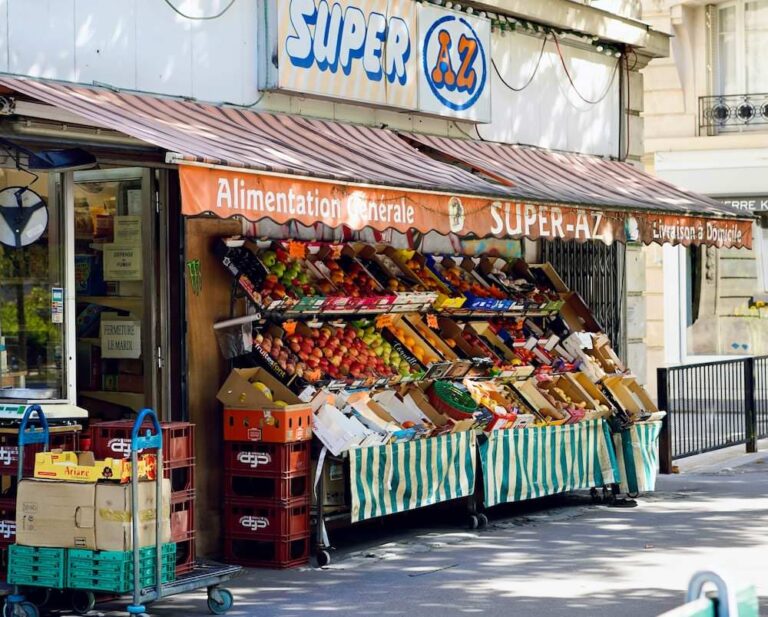dessus vs au-dessus
In French, “dessus” and “au-dessus” both relate to the idea of “above,” but they are used differently.
1. Dessus (noun/adverb)
- Meaning: Refers to the top part of something or the idea of being on top.
- Usage:
- As a noun: “Le dessus de la table est sale.” (The top of the table is dirty.)
- As an adverb: “Mets le livre dessus.” (Put the book on top.)
- Often used with prepositions like “par-dessus” (over/across) or “sur le dessus” (on top).
2. Au-dessus (de) (preposition/adverb)
- Meaning: Indicates a position above or higher than something else.
- Usage:
- “L’oiseau vole au-dessus de la maison.” (The bird is flying above the house.)
- “La température est au-dessus de zéro.” (The temperature is above zero.)
- Can stand alone: “Regarde au-dessus !” (Look above!)
Key difference
- “Dessus” refers to the top surface or being on top (often physical).
- “Au-dessus” refers to a relative position above something else (more abstract or spatial).
More examples
- ✅ “Le chat est sur le dessus de l’armoire.” (The cat is on top of the wardrobe.) → Physical surface
- ✅ “Le tableau est accroché au-dessus du canapé.” (The painting is hung above the sofa.) → Higher position






